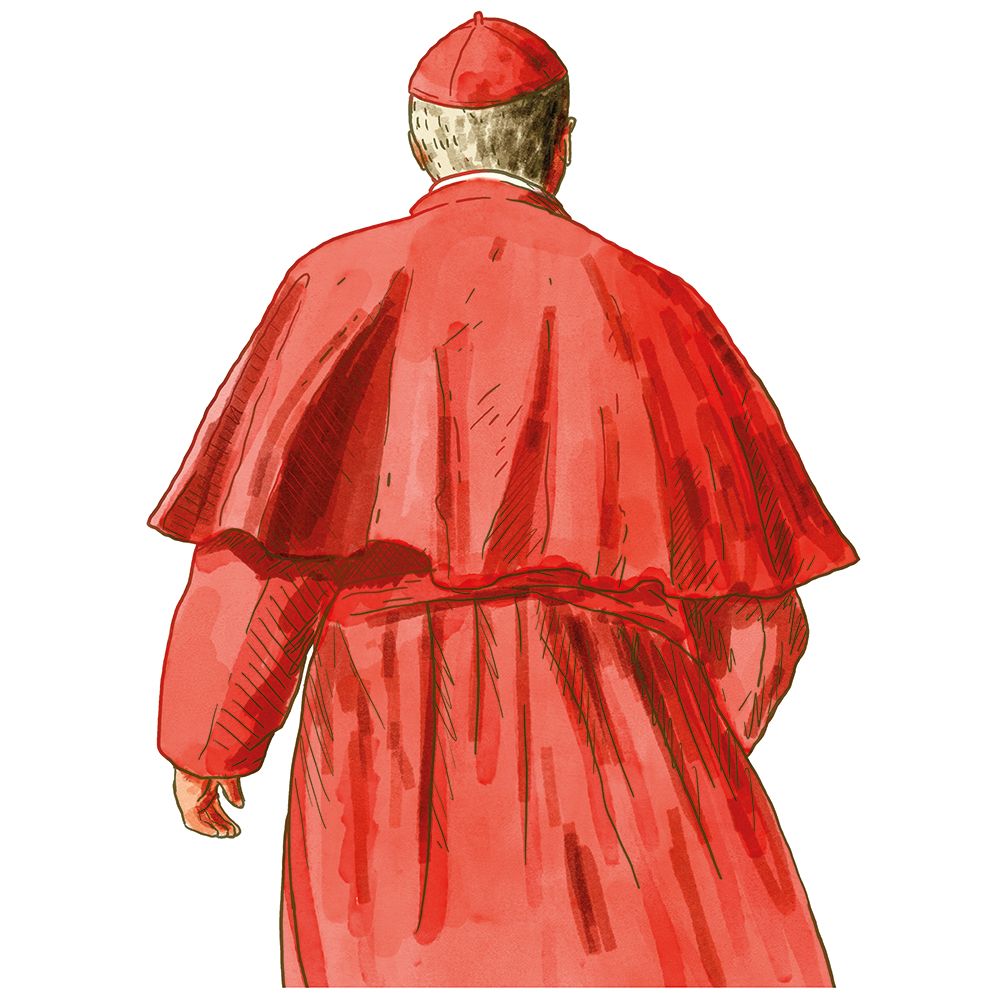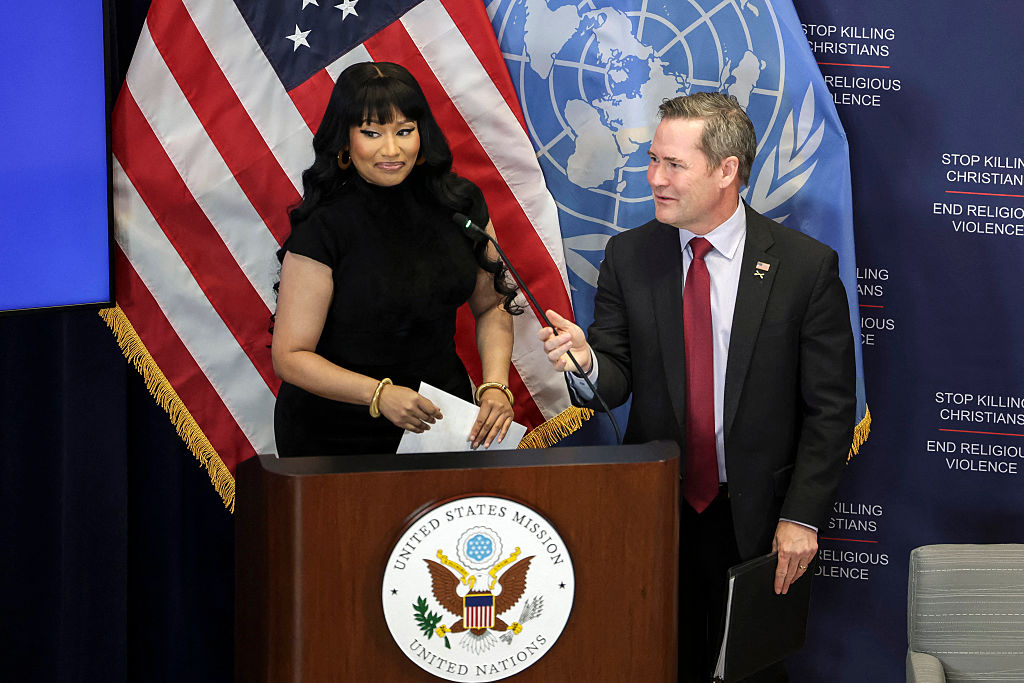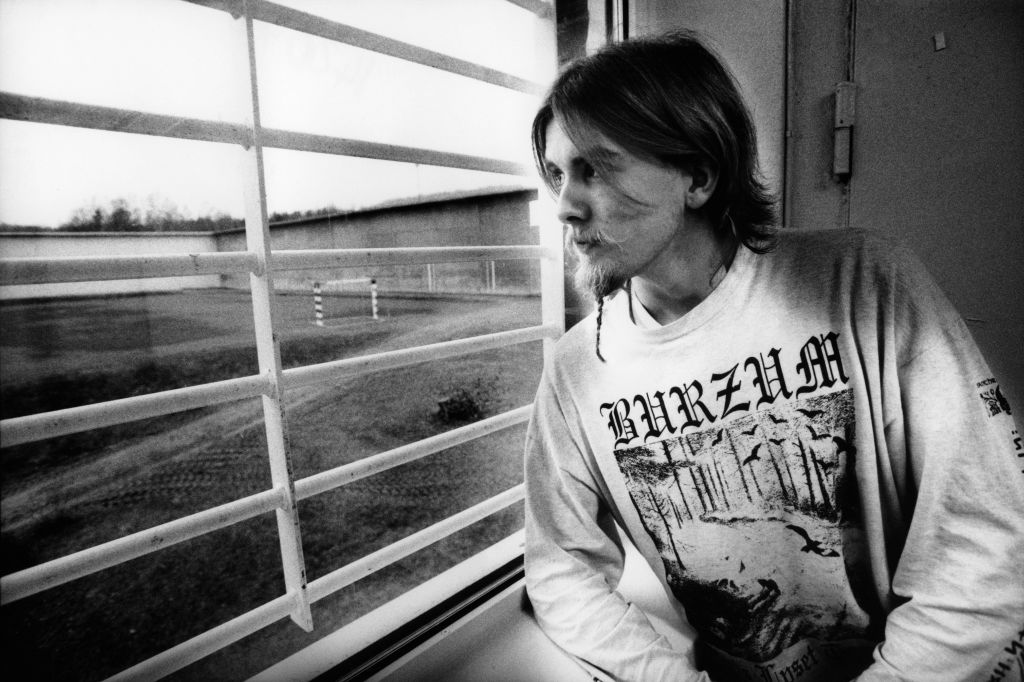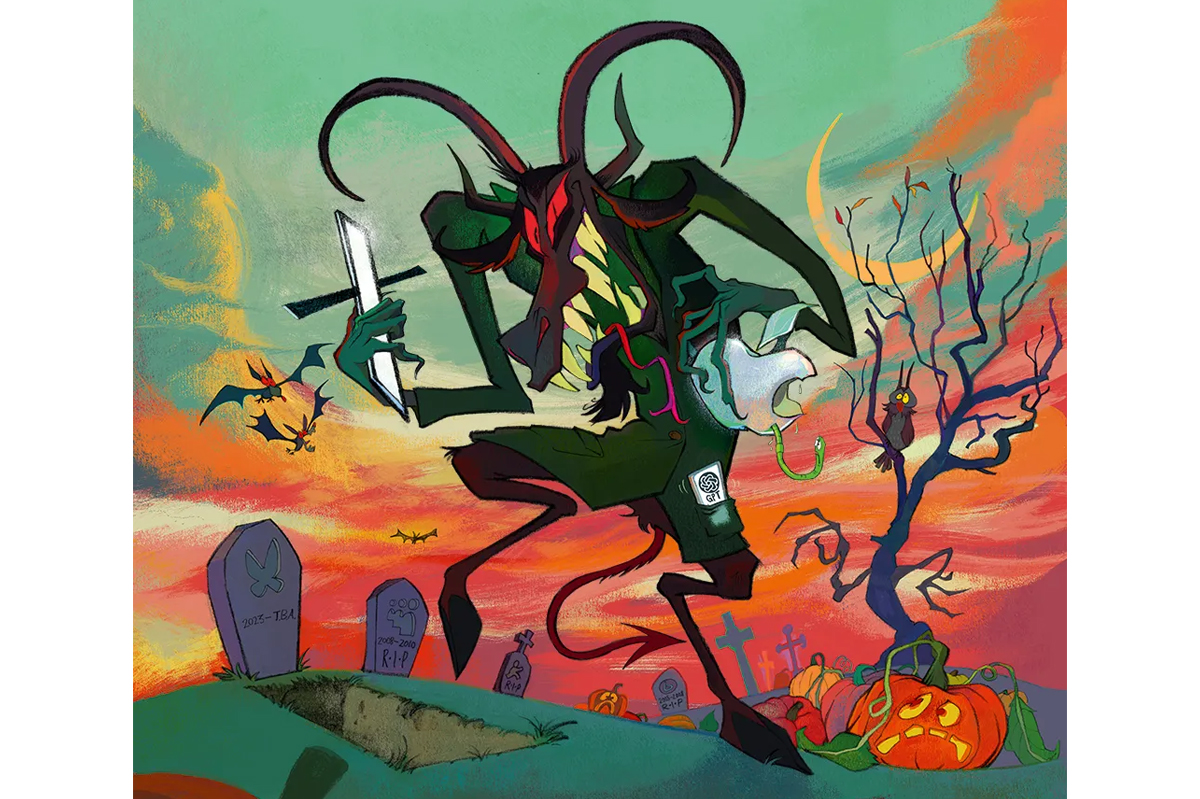Since Pope Leo XIV’s election in May, Catholics have wondered whether he would continue Pope Francis’s radical agenda or ignite a more conservative reaction. After five months, the verdict appears clear. Leo will not only promote the principal policies in Francis’s agenda, but work to solidify them. This includes suppressing traditionalist theology and liturgy while bolstering activism on the environment, migration and same-sex relationships.
Traditionalists initially viewed Leo with hope. They noted his ability to recite the Latin Mass, his choice of papal livery favored by Pope Benedict XVI and his meeting with Cardinal Raymond Burke, who supports maintaining the Latin Mass.
But the new pope refuses to discipline bishops who move against traditionalists. On May 23, just two weeks after Leo’s election, Bishop Michael Martin announced he would end the Latin Mass at four traditionalist parishes in his Charlotte, North Carolina, diocese. The diocese would build a centrally located chapel for the Latin Mass, a lonely new location that would create a two-hour trek for many communicants. More importantly, Catholics would not receive six of the church’s seven sacraments there.
In Knoxville, Tennessee, Bishop James Mark Beckman went further. On October 7, he said Latin Masses would be discontinued by the end of the year.
In July, Detroit Archbishop Edward Weisenburger made the most arbitrary move, dismissing three theologians from the archdiocese’s seminary for criticizing Pope Francis. One, Edward Peters, a renowned canon lawyer, said on X he had “retained counsel.”
When Ralph Martin, another of the three, asked Weisenburger for an explanation, “he said he didn’t think it would be helpful to give any specifics but mentioned something about having concerns about my theological perspectives.”
Martin, Peters and Eduardo Echeverria questioned Francis’s commitment to orthodoxy, his tendency to stir theological confusion and his refusal to confront clerical sex abuse. Weisenburger, appointed by Francis in February, supports the late pope’s stances on traditionalist worship and migration.
Detroit’s new archbishop limited the Latin Mass to four chapels in his archdiocese and suggested “canonical penalties” – including excommunication – for Catholics who work for Immigration and Customs Enforcement or the Border Patrol, or even support harsh immigration policies.
Leo provided the velvet glove for Weisenburger’s and Martin’s iron fists in a homily during an October 12 Mass: “Some forms of worship do not foster communion with others and can numb our hearts. In these cases, we fail to encounter the people God has placed in our lives. We fail to contribute, as Mary did, to changing the world…”
“Changing the world” to reflect Pope Francis’s image describes Leo’s political agenda. The new pope reinforced the commitment to environmental activism while commemorating Francis’s environmentalist encyclical, Laudato si’. He also quoted Francis’s apostolic exhortation, Laudate Deum, to disparage opponents. That entreaty, said Leo, “noted that ‘some have chosen to deride’ the increasingly evident signs of climate change, to ‘ridicule those who speak of global warming’ and even to blame the poor for the very thing that affects them the most.” As part of the festivities, Leo blessed a block of ice.
On migration, the new pope imitates Francis’s position down to the melodramatic rhetoric. In his October 5 sermon, Leo decried “the coldness of indifference” and “the stigma of discrimination” awaiting migrants with “eyes filled with anguish and hope.”
Francis denounced “the globalization of indifference” toward migrants during a pastoral visit in 2013 to the Italian island of Lampedusa, where thousands fleeing Libya’s civil war were detained. Ten years later in Marseille, he criticized the “fanaticism of indifference” shown by European governments restricting migration. When it comes to his native land, the Chicago-born pope slammed Donald Trump’s “inhuman treatment of immigrants” being deported in an interview on September 30 and told immigration advocates visiting him on October 8 that the United States Conference of Catholic Bishops must become involved: “The church cannot be silent.”
Leo’s embrace of same-sex relationships appears similar to his predecessor’s, as he showed in late summer. On August 28, Leo met with Sister Lucía Caram, a backer of homosexual marriage. “I would be in favor of homosexuals getting married in the church because God always blesses love,” she said back in 2023.
Three days later, Leo received the Revd James Martin, the editor-at-large of the Jesuit magazine America, founder of the Catholic LGBTQ ministry Outreach and a papal communications advisor. Martin promotes LGBTQ ideology, endorses transgender medical procedures for children and opposes biblical teaching against homosexuality.
On X, Martin wrote he was “moved to hear the same message I heard from Pope Francis on LGBTQ Catholics, which is one of openness and welcome. For me, it was a deeply consoling meeting.”
Then on September 6, Leo opened St. Peter’s Basilica to LGBTQ pilgrims for a Mass marking the Holy Year Jubilee. More than 1,000 pilgrims participated, with rainbow regalia everywhere. By contrast, the Vatican prohibited another Catholic organization supporting homosexuality, Dignity-USA, from the 2000 Holy Year Jubilee.
Leo’s most important divergence concerns finances. Unlike Francis, Leo will permit outside agencies to manage the Vatican’s investments to reduce an annual deficit of between €50 million and €90 million. But that divergence generates minimal passion.
Leo’s papal name offers insight into his agenda. When the College of Cardinals elected Jorge Bergoglio in 2013, the archbishop of Buenos Aires named himself “Francis” to honor St. Francis of Assisi. Leo was that Italian saint’s most devoted acolyte.
This article was originally published in The Spectator’s November 10, 2025 World edition.























Leave a Reply